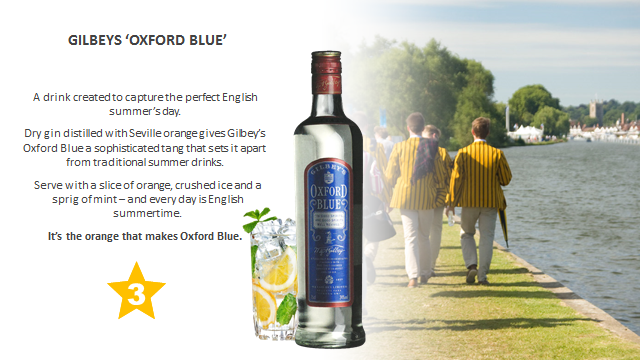“That S*it Will Never Sell!”: Turning Potential Winners into Profitable Launches
“That S*it Will Never Sell!”: Turning Potential Winners into Profitable Launches
David Gluckman is one of the drinks industry’s great ideas men. His entertaining book, “That S*it Will Never Sell!”, contains 47 of those ideas. They range from the story of his greatest triumph – conceiving and launching Baileys Irish Cream in 1973 – to candid accounts of some of the ideas that didn’t make it, like the oyster-infused beer substitute Prairie Dog.
One of the most important parts of the Baileys story is Gluckman’s hiding the results of consumer research from his client. The research showed that the creamy new liqueur would flop. People hated the idea. Over lunch, Gluckman persuaded the client to go for it, but the research stayed in the briefcase. The rest is multi-million selling history.
Business has changed since the 1970s. Fortunately, so has concept testing, ad testing and brand monitoring. Gluckman’s stories of success and failure offered us at System1 an irresistible challenge. Would he let us take some of the failures he described and test them? He agreed, and the Gluckman Challenge began.
We tested eleven ideas – with concepts drafted by David Gluckman himself – and quickly got the results. In our System1 Predictive Markets method, a 3-Star or higher result predicts a profitable launch, while 2-Star and 1-Star ideas carry a serious risk of waste. But only one of the eleven ideas we tested hit that 3-Star boundary (we’ll get to it in a minute!).
What had gone wrong? Were the ideas just not that good? Or had consumer research let great ideas down once again? In fact, neither answer was correct. Many of the ideas really were good. And far from killing them, research and consultancy could help people realise that.
This is the biggest difference between Predictive Markets and the research an innovator like David Gluckman would have had access to in 1973 (or in 2017, since frankly most innovation research has barely moved on.)
It’s not just that PMs offer the most accurate possible predictions – though they do, because they measure fast System 1 decisions, not unreliable purchase intent claims. It’s that when hired as consultants we make it our mission to improve concepts, to get as many of them as possible to the point where they reach 3-Stars and profitability.
We look out for concepts that have a great idea at their heart, but one that just needs to be presented in a way that feels familiar, easy and quick to process. We call this quality Fluency, and innovation that possesses it is Fluent Innovation. And some of David Gluckman’s concepts were ripe for Fluent Innovation.
We concentrated on the ideas which had already achieved a 2-Star rating. For instance, Distilled Guinness – a full-strength spirit made from Guinness. Looking at the original idea, we thought that with a couple of tweaks it could be made to feel far more familiar to consumers. We switched the visuals for something that looked more like a glass of whisky, and changed the name to Spirit of Guinness, emphasising the result (a spirit) rather than the process (distillation).

The improved “Spirit Of Guinness” concept.
The result was an idea lifted from 2-Stars to 3-Stars, and into the “profitable launch” zone.
A second idea, Oxford Blue, a summer long drink with a gin base and a tang of orange, made people feel happy. But it ended up at 2-Stars because it took people a long time to understand and created confusion. We decided to cut back the text in the concept and create Fluency with the visuals – putting in a picture of a tall glass to show how Oxford Blue is drunk and using the image, not the text, to emphasise the orange element. This made the difference, again, between a 2-Star concept and a 3-Star one. Another idea also went from 2-Stars to 3-Stars – the chilled Red Chardonnay, renamed Chardonnay Noir and with text referring to other chilled red wines, to make the idea seem more Fluent and less alien.

Oxford Blue – with a picture of the Henley regatta (complete with orange blazers!)
Finally, we came to the best of the original ideas – Baileys Irish Whiskey, a whiskey made using Baileys barrels to create a unique flavour. This was a hit in our original test, winning a 4-Star rating. But could we make it even more Fluent and appealing? We applied one of the principles of Fluent Innovation – when you have a good idea, get out of its way. We cut back on the words and made the concept as simple as possible. The result? A 5-Star idea.

Fluency helps a great idea reach 5-Star quality.
Great innovation isn’t just about a great idea. It’s about Fluency – making that idea easy to understand and process. By simplifying concepts, making them more familiar, and dramatizing them with clear visuals, it’s possible to optimise ideas and turn them into concepts that are far more market-ready. And ultimately, far more profitable. The days of hiding research from clients are over: these days, research and innovation go together like, well, coffee and Baileys.
Written by System1’s Tom Ewing, Director of Communications
